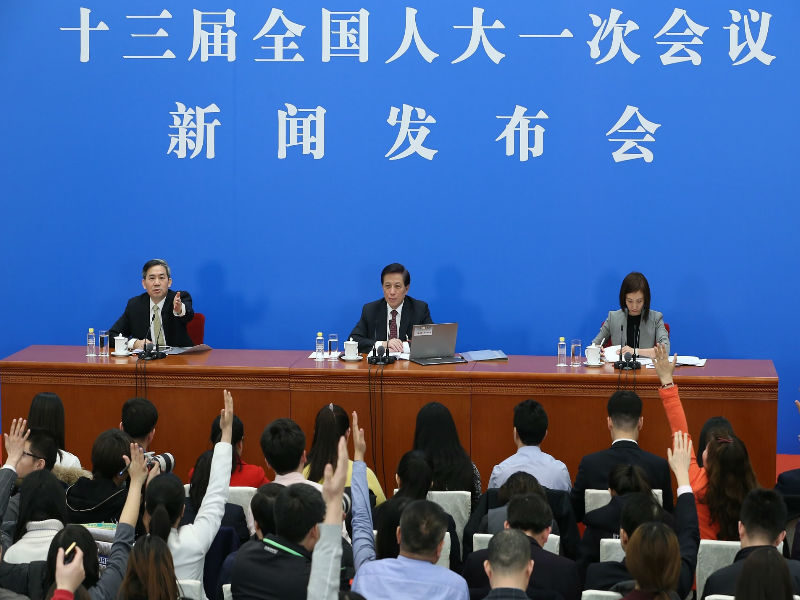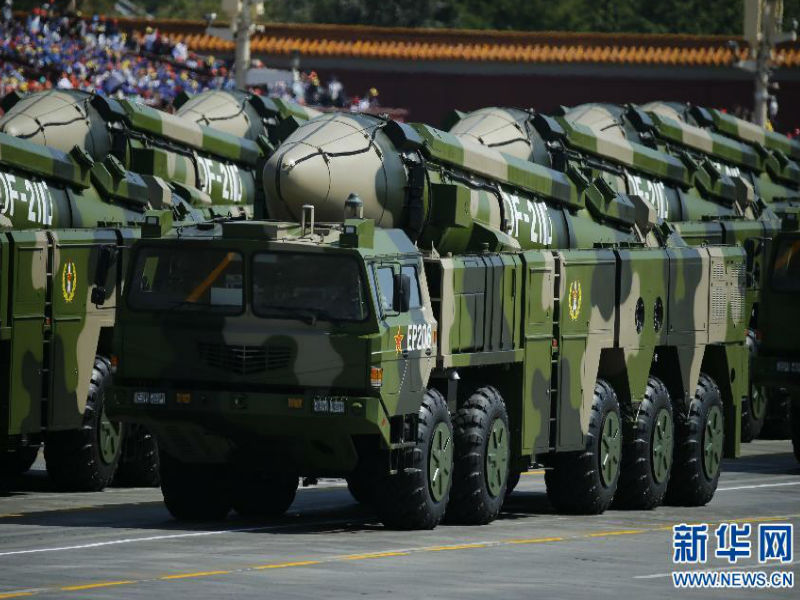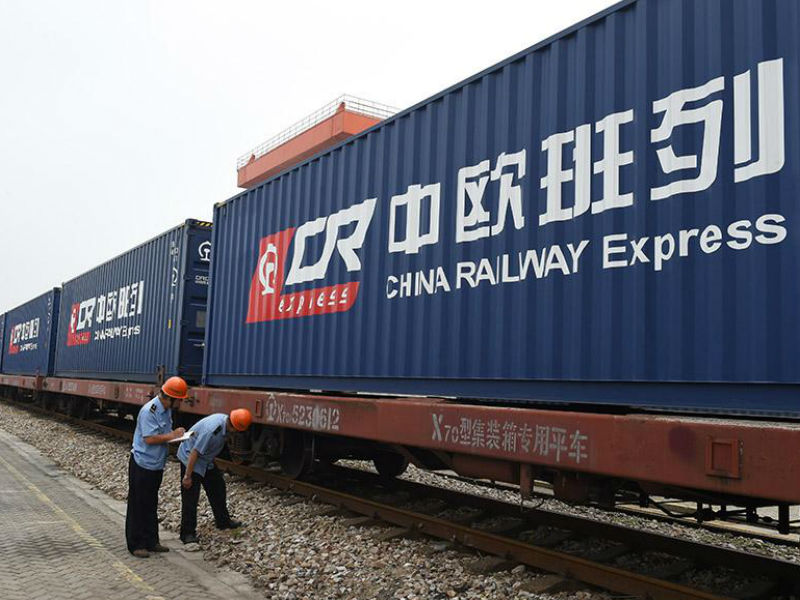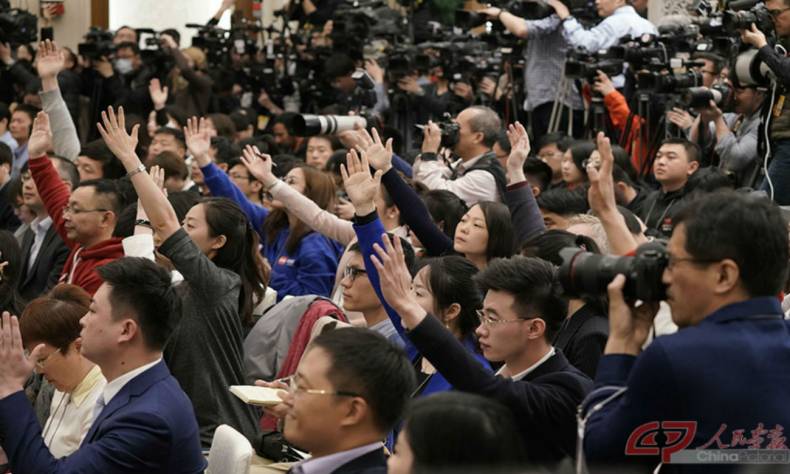
NPC: No Desire for a Trade War with the US
The National People’s Congress (NPC), China’s top legislature, holds a press conference ahead of its annual session in Beijing.
Zhang Yesui, the spokesperson for the first session of the 13th NPC, briefs the media and answers questions with regards to the agenda and the work of the annual session.
The National People’s Congress (NPC), China’s top legislature, holds a press conference ahead of its annual session in Beijing.
Zhang Yesui, the spokesperson for the first session of the 13th NPC, briefs the media and answers questions with regards to the agenda and the work of the annual session.
Around 3,000 NPC deputies across the nation are scheduled to attend the annual session which will open on Monday.
Constitutional Amendment High on Agenda
According to Zhang, the first session of the 13th NPC will have 10 items on its agenda including reviewing government work report, deliberating work report of the NPC Standing Committee, the Supreme People’s Court and the Supreme People’s Procuratorate, with Constitutional amendment high on the list.
“The Constitution, which reflects the common will of the Communist Party of China and Chinese people, is China’s fundamental law and the general chapter for governing the country well and ensuring national security,” said Zhang
Zhang also noted the amendment will be made in accordance with the Party’s leadership and the developing path for Chinese people.
The amendment should only include changes to part of the Constitution, not drastic revisions, Zhang said.
China Sticks to Peaceful Development Path Despite Defense Budget Increase
When asked about China’s defense budget in recent years, Zhang confirmed that China has modestly increased the budget number in step with its national economy, but China’s commitment to peaceful development path remains unchanged.
China’s defense input rate is lower than other major countries, a spokesperson for the annual session of the country’s national legislature said Sunday, stressing China’s development will pose no threat to any other country.
China’s defense budget takes up a smaller share of its gross domestic product (GDP) and national fiscal expenditure compared with major world countries, said Zhang Yesui, spokesperson for the first annual session of the 13th National People’s Congress.
Its military spending per capita is also lower than other major countries, he said.
A large part of the growth of China’s defense budget is to make up for the low military spending in the past and is mainly used to upgrade equipment, and improve the welfare of servicemen and women and the living and training conditions of grassroots troops.
China will adhere to the path of peaceful development, he said.
“With a defense policy that is defensive in nature, the development of China will pose no threat to any other country,” he said.
Belt and Road Initiative not a “strategic tool,” Welcomes Constructive Opinions
During the press conference, Zhang rebutted a comment that the Belt and Road Initiative (BRI) is a “strategic tool,” saying that the BRI has been successful so far.
“The Belt and Road Initiative is guided by the principle of pursuing shared benefits…and it’s still in its infancy stage. We face challenges and we welcome positive and constructive opinions,” said Zhang.
No Desire for a Trade War with the US
Zhang said at the press conference that China does not want a trade war with the US, after the US recently listed China as a strategic competitor.
China and the U.S. share more mutual benefits than differences and cooperation is the only right option for both countries.
“The appropriate way to solve the trade dispute is through dialogue, to further open the market and make the pie of cooperation bigger, to work through dialogue and consultation,” Zhang said.
Zhang also said China is ready to work on several issues with the US based on the agreements made by Chinese President Xi Jinping and his US counterpart Donald Trump during his visit to China in 2017.
The US has recently prompted global outrage with a plan to place tariffs on steel and aluminum.
U.S. President Donald Trump said Thursday that the United States would impose a 25 percent tariff on steel imports and 10 percent for aluminum, raising concerns of escalating trade tension between the two countries.
“China doesn’t want a trade war with the United States, but if any U.S. moves hurt China’s interests, we will not sit idle,” said Zhang.
Zhang pointed out that certain frictions are natural given the huge bilateral trading volume, while economic and trade ties between the countries are essentially mutually beneficial.
It’s normal for China and the United States to have different ideas on certain issues, but such differences do not necessarily lead to confrontation, Zhang said.
The right approach is to open up market to each other, make the pie of cooperation bigger and work together to find solutions acceptable to both parties through dialogue and consultation, Zhang added.
Liu He, a senior Chinese economic and financial official met with U.S. counterparts this week and they have agreed that the two countries should settle their trade disputes by cooperation rather than confrontation.
The two sides also agreed to talk about related issues in Beijing in the near future, in a bid to create conditions for further cooperation.
It’s imperative for two countries to perceive each other’s strategic intentions objectively and accurately. Policies formed by misjudgment or wrong presumption will hurt the relations and bring about consequences neither side wants to see, he said.
China stands ready to work with the United States to follow through the consensus and outcomes reached by the two countries’ leaders last year and work with mutual respect and strategic trust to properly handle differences and keep bilateral ties on track, Zhang added.
China Hopes for Early DPRK-U.S. Talks
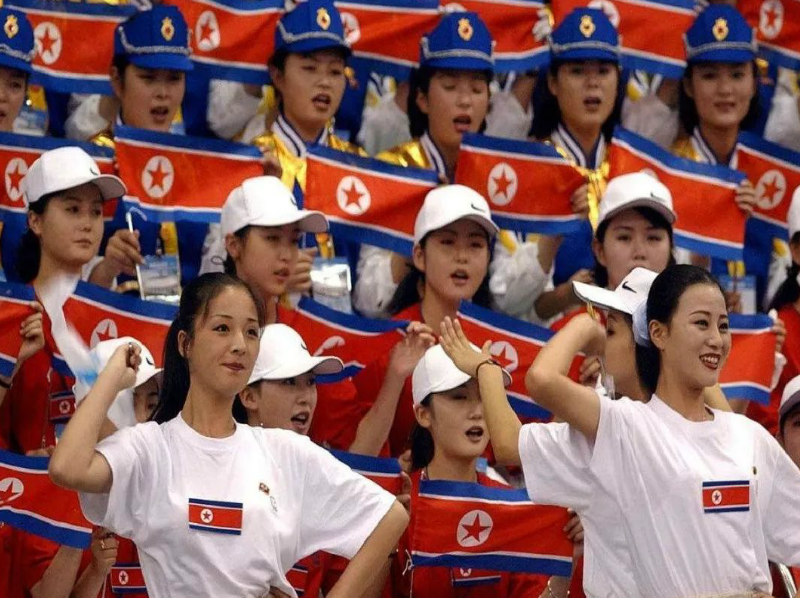
China hopes that talks between the Democratic People’s Republic of Korea (DPRK) and the United States would be held “as early as possible” and that the good momentum on the Korean Peninsula would be maintained.
Zhang Yesui, spokesman for the first session of the 13th National People’s Congress, made the remarks at a press conference Sunday in Beijing.
He said the situation on the Korean Peninsula is easing as the DPRK and the Republic of Korea (ROK) had been engaged in dialogue and cooperation before and during the PyeongChang Winter Olympic Games.
“China welcomes the positive changes and hopes all parties could seize the opportunity to maintain the good momentum,” he said.
Calling the DPRK and the United States the principal parties of the Korean Peninsula issue, Zhang said China expects the DPRK-ROK ties to roll on while the DPRK-U.S. ties will begin to roll as soon as possible.
He said China noticed some positive remarks made by both the DPRK and the United States recently.
China will keep close communications with all concerned parties to push for peace and talks, in order to facilitate the settlement of the Korean Peninsula issue through political and diplomatic means, Zhang said.
Source: Xinhua, ChinaDaily
Editor: Dong Lingyi
 Facebook
Facebook
 Twitter
Twitter
 Linkedin
Linkedin
 Google +
Google +
